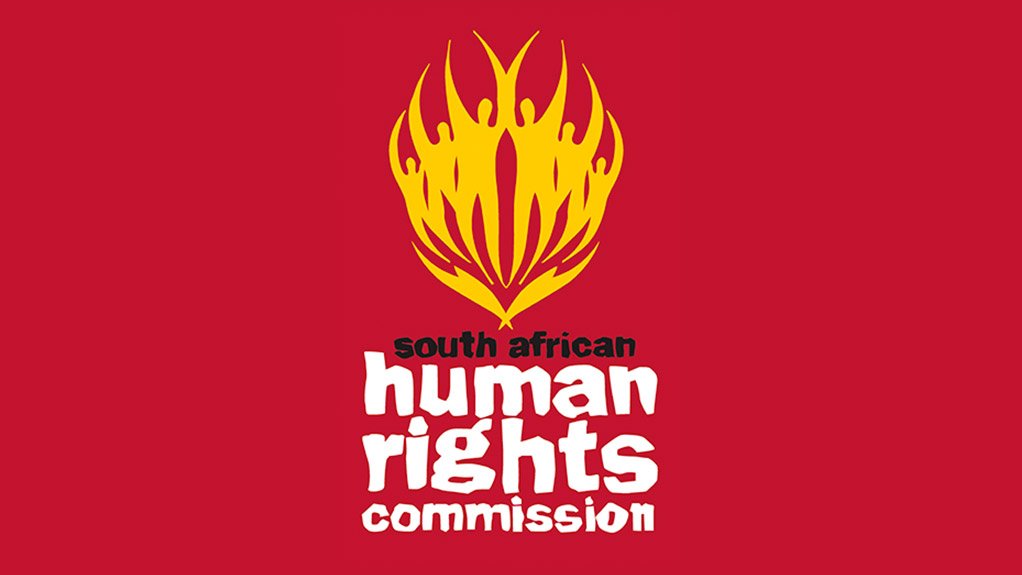/ MEDIA STATEMENT / The content on this page is not written by Polity.org.za, but is supplied by third parties. This content does not constitute news reporting by Polity.org.za.
The South African Human Rights Commission (Commission) welcomes the Constitutional Court’s judgment in the matter of Qwelane v South African Human Rights Commission and Another [2021] ZACC 22, which was handed down by the apex court on Friday, 30 July 2021. The seminal judgment, which brings an end to protracted proceedings that commenced thirteen years ago, brings much-anticipated legal certainty in the sphere of hate speech.
The matter concerns an article that the late Mr Jon Qwelane had published in the Sunday Sun in 2008, entitled “Call me names – but gay is not okay”. In the article, Mr Qwelane called upon politicians to amend the Constitution of the Republic of South Africa, 1996 (Constitution) so as to remove the equal protection of the law afforded to the LGBTQI+ community. Mr Qwelane further compared homosexual people to animals, and accused them of catalysing the erosion of societal values.
The Commission received 350 complaints following publication of the article, constituting the highest number of complaints received by the Commission relating to a single incident at the time. The Commission instituted proceedings in the Equality Court, which prompted Mr Qwelane to challenge the constitutionality of section 10 of the Promotion of Equality and Prevention of Unfair Discrimination Act, 2000 (PEPUDA) for its broadness and vagueness. The Equality Court held that the prohibition of hate speech found in section 10 of PEPUDA was capable of being interpreted so as to pass constitutional muster. Moreover, the Equality Court held that Mr Qwelane’s article constituted hate speech that was capable of igniting serious harm against the vulnerable LGBTQI+ community. On appeal to the Supreme Court of Appeal, the court upheld Mr Qwelane’s appeal with costs, dismissed the Commission’s complaint against Mr Qwelane, and declared section 10 of PEPUDA to be unconstitutional. In terms of section 172(2)(a) of the Constitution, a declaration of constitutional invalidity is of no force and effect unless confirmed by the Constitutional Court.
On appeal from the Supreme Court of Appeal, the issues that fell to be determined by the Constitutional Court were (a) whether the impugned provision entails a subjective or objective test; (b) whether section 10(1)(a)-(c) must be read disjunctively or conjunctively; (c) whether the impugned provision is impermissibly vague; (d) whether the impugned provision leads to an unjustifiable limitation of section 16 of the Constitution; (e) what the appropriate remedy would be if the constitutional challenge is successful; (f) the complaint against Mr Qwelane in terms of the Act; and (g) costs.
In a rich and nuanced judgment, the Constitutional Court held that section 10 of PEPUDA posits an objective reasonable person test. Furthermore, the Constitutional Court held that the Supreme Court of Appeal had erred in holding that section 10(1)(a)-(c) of PEPUDA should be read disjunctively, since such a reading would unjustifiably limit the constitutional right to freedom of expression, guaranteed in section 16(1) of the Constitution. The Constitutional Court further held that the word “hurtful” in section 10(1)(a) of PEPUDA unjustifiably limited section 16(1) of the Constitution in terms of the section 36 limitations clause, and that it was vague. Parliament now has 24 months to remedy this aspect. In contrast, the court found that including sexual orientation into the list of prohibited grounds for the purpose of hate speech was proportional and justified.
The Constitutional Court found that Mr Qwelane’s abhorrent article still constituted hate speech when tested against the remaining elements of section 10 of PEPUDA, namely harm and the incitement of hatred. In the light of Mr Qwelane’s passing, the Constitutional Court held that the issuing of an apology and investigation by the police, as ordered by the Equality Court, was no longer appropriate. Nevertheless, the court confirmed the Equality Court’s declaratory order that Mr Qwelane’s article constituted hate speech that vilified the LGBTQI+ community. Moreover, the court held that the Supreme Court of Appeal’s cost order against the Commission was inappropriate, and accordingly ordered that Mr Qwelane’s estate pay the Commission’s costs.
Section 10 of PEPUDA now reads as follows:
“Subject to the proviso in section 12, no person may publish, propagate, advocate or communicate words that are based on one or more of the prohibited grounds, against any person, that could reasonably be construed to demonstrate a clear intention to be harmful or to incite harm and to promote or propagate hatred.”
The Commission calls on every member of South African society to desist from engaging in hate speech, and to instead actively promote equality and social harmony in an endeavour to achieve the constitutional vision of a society based on human dignity, freedom and equality.
Issued by The South African Human Rights Commission
EMAIL THIS ARTICLE SAVE THIS ARTICLE ARTICLE ENQUIRY
To subscribe email subscriptions@creamermedia.co.za or click here
To advertise email advertising@creamermedia.co.za or click here











